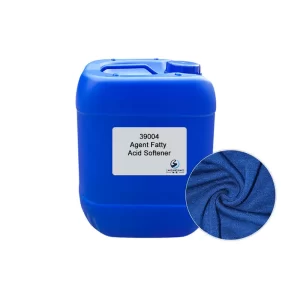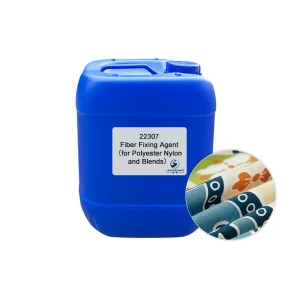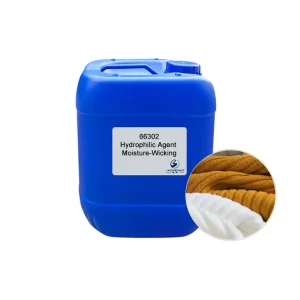Crepe and silk are both lightweight, breathable, and luxurious fabrics, but they differ significantly in composition, texture, applications, and care requirements. As a leading textile chemicals manufacturer, BLUELAKECHEM understands these differences and provides specialized textile auxiliaries to enhance fabric performance—whether improving crepe’s wrinkle resistance or preserving silk’s natural luster.
Material and Processing
Crepe is generally made of cotton, silk, wool, or synthetic fibers. It is a thin plain fabric made by special weaving processes or finishing techniques such as strong twisting or tentering, which increases its texture.
Silk is mainly made of natural silk (such as mulberry silk or tussah silk) or artificial silk, which is pure or interwoven and belongs to silk fabric. Silk processing is complicated, including reeling, weaving, dyeing, finishing, etc.
How Textile Auxiliaries Help:
- Crepe: Softening agents reduce roughness while maintaining texture.
- Silk: Degumming enzymes remove sericin for smoother finishes.
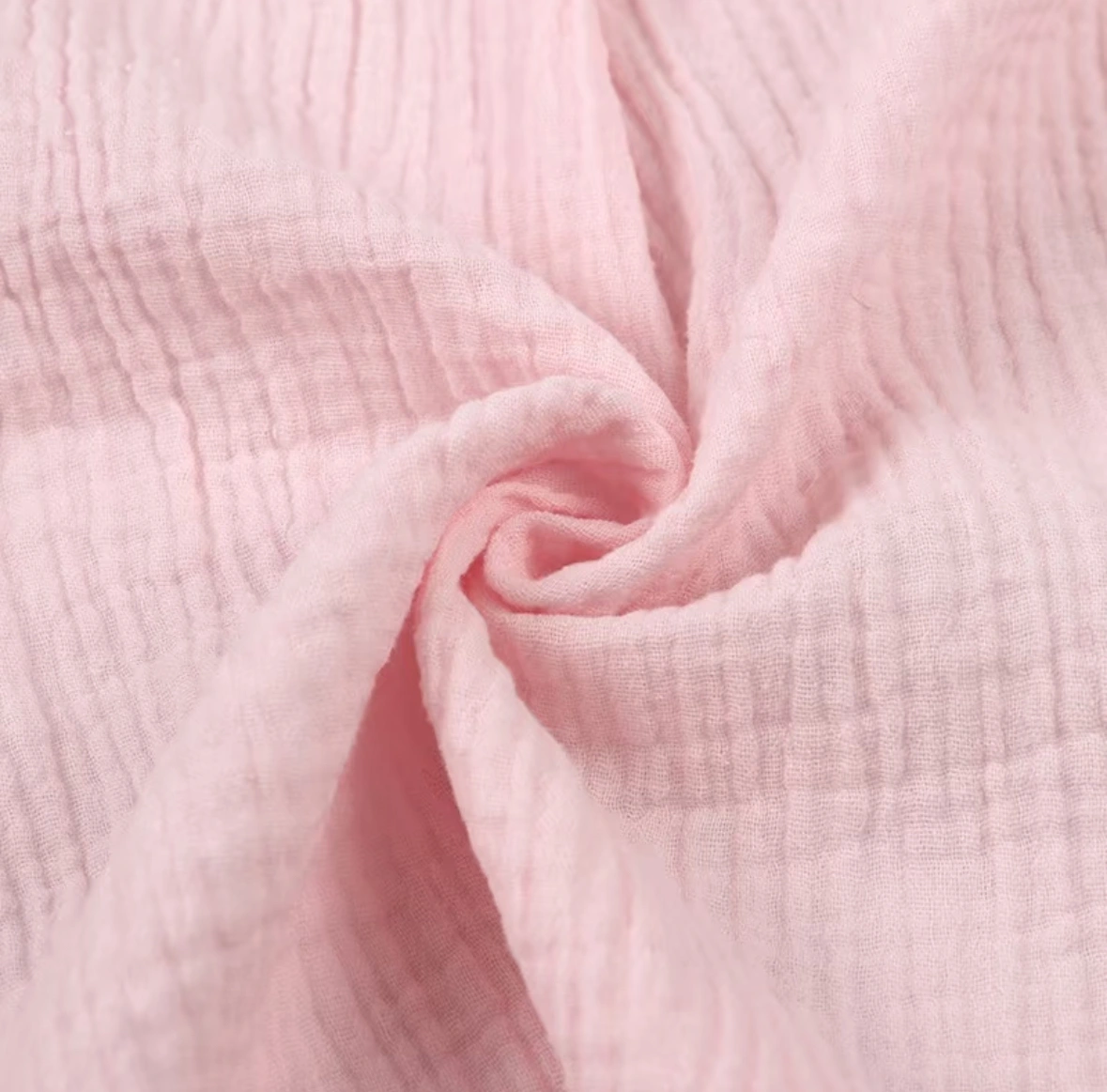
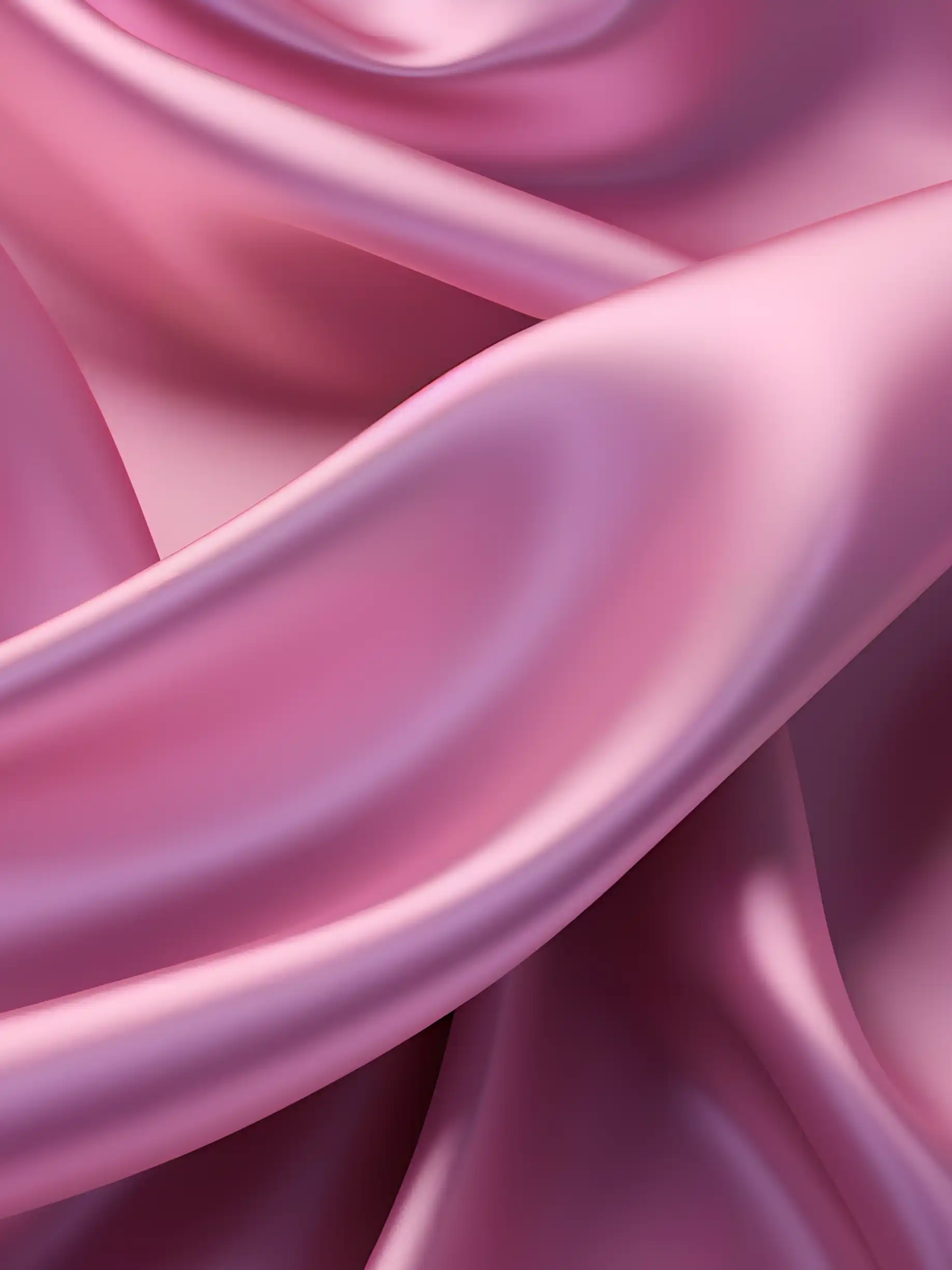
Appearance and Texture
Crepe has a unique, even wrinkle and fine, light texture, feels soft and dry, and has good weft elasticity.
Silk is light and soft, has a smooth and bright surface, feels fine, and has good durability and flexibility. Some silks, such as damask and satin, have rich patterns and colors.
Enhancement Solutions:
- Crepe: Anti-creasing agents minimize wrinkles.
- Silk: Brightening agents amplify natural shine.
Breathability and Comfort
Both crepe and silk have good breathability, making them suitable for wearing in four seasons. Meanwhile, silk stands out for its excellent moisture absorption and ability to regulate body temperature. Silk is cool for wearing in summer while warm for wearing in winter. If you want to further improve the breathability of these fabrics, consider using specialized moisture management finishing agents that enhance their ability to wick away moisture, making them even more comfortable for everyday wear.
BLUELAKECHEM’s Performance Boosters:
- Moisture-wicking finishes for activewear crepe.
- Anti-pilling agents to extend silk’s lifespan.
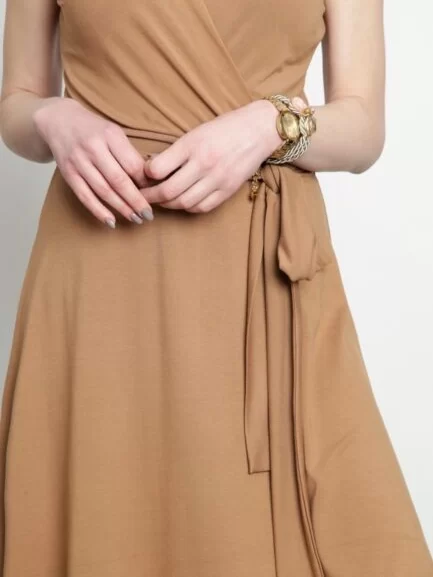
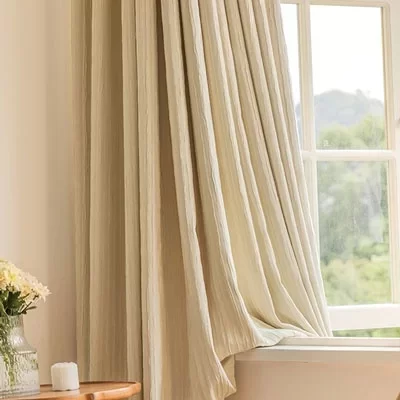
Applications & Care
Crepe is often used to make shirts, dresses, nightwear, bathrobes, curtains, tablecloths, etc. Silk has wide applications, including high-end clothing (such as cheongsam and evening gowns), bedding and decorations, etc. It is also suitable for making interior decorations (such as curtains and wallpaper).
With the right dyeing auxiliaries and textile finishing agents, you can expand the range of uses for both crepe and silk fabrics, ensuring they maintain their softness and appearance after multiple uses.
Pro Tip: Use pH-neutral detergents (with silk-safe surfactants) to prevent fiber damage.
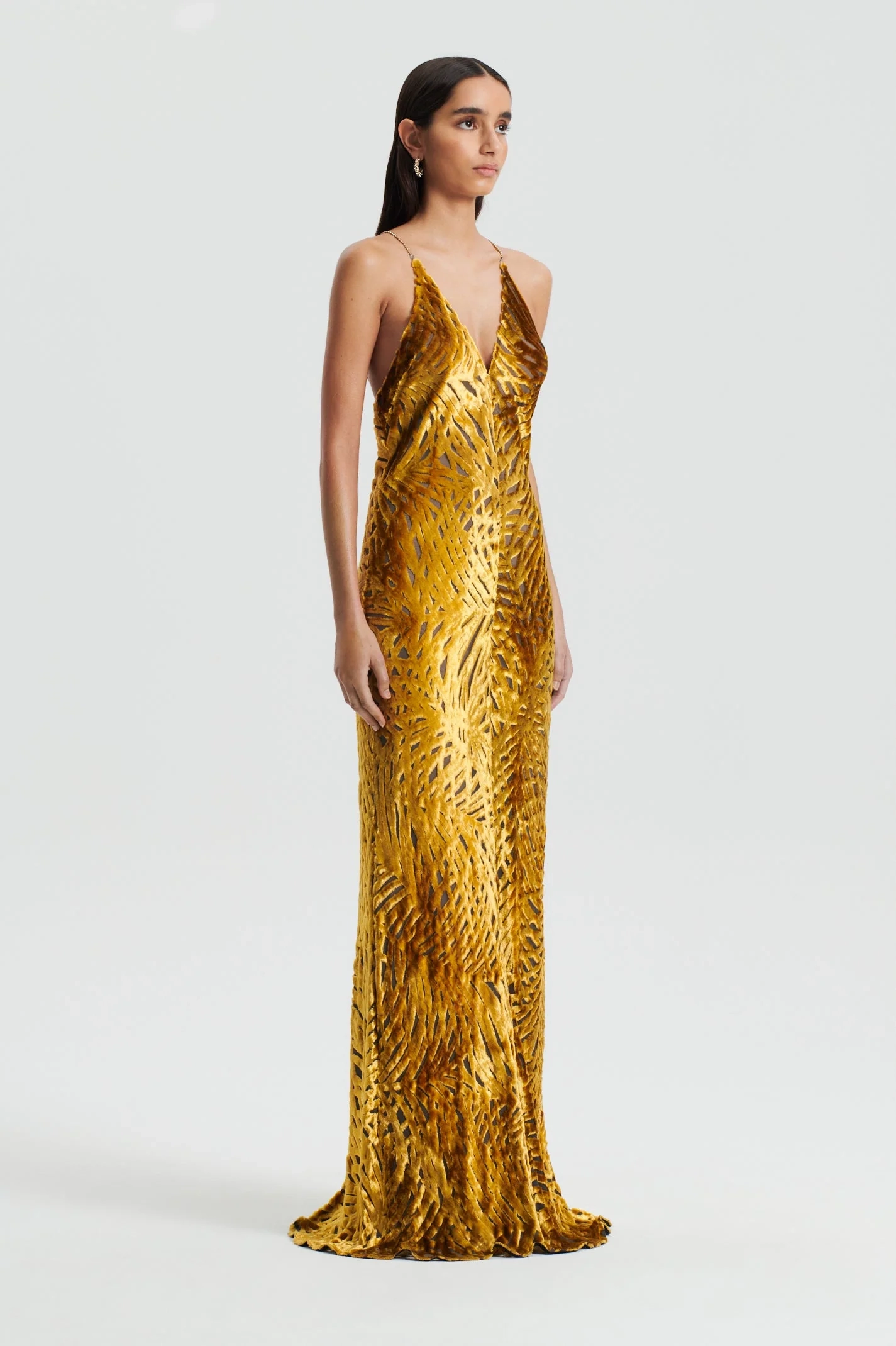
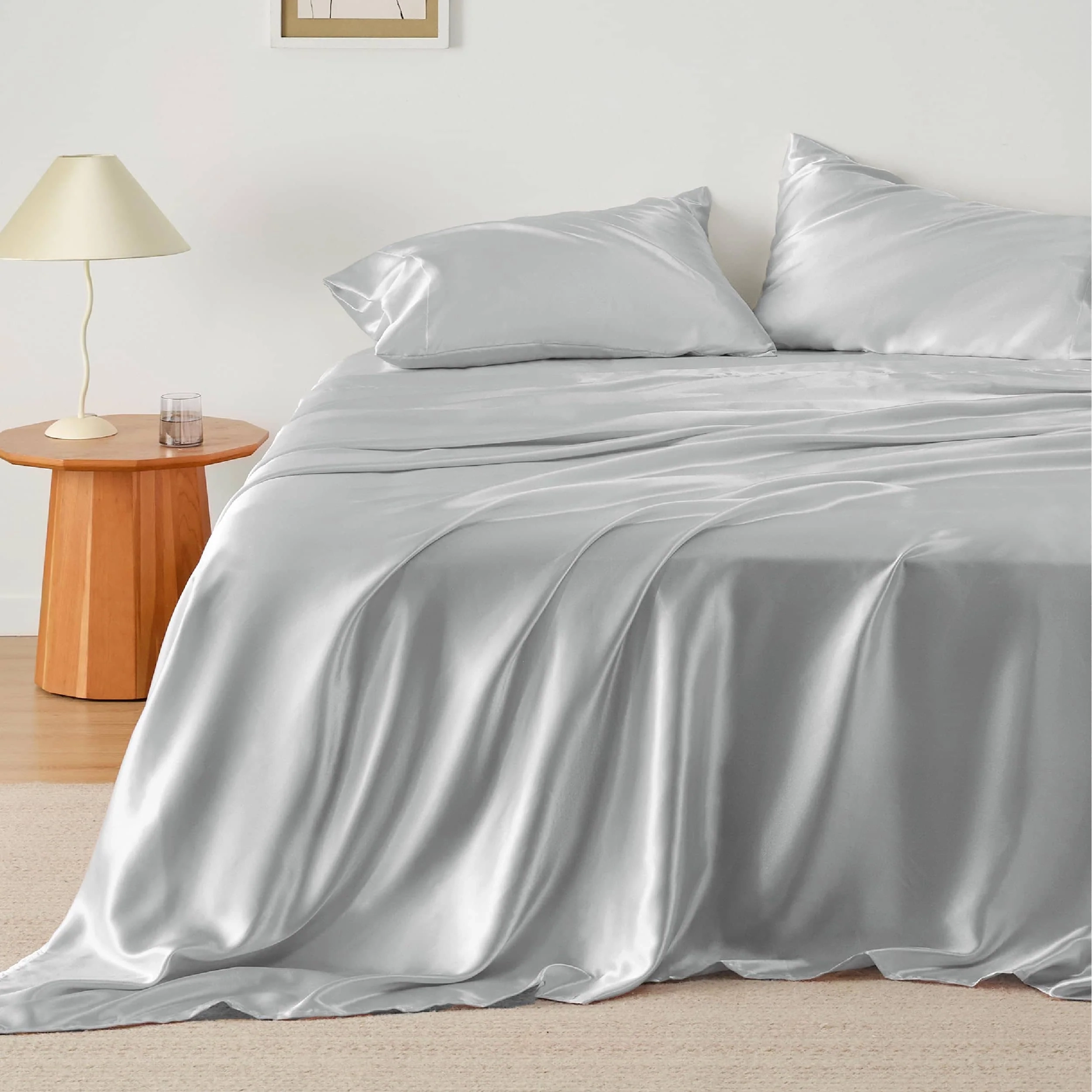
How BLUELAKECHEM’s Textile Auxiliaries Optimize Fabrics
We provide custom textile chemical solutions for:
- Silk: Color-fixing agents, UV protectants.
- Crepe: Anti-static agents, wrinkle-resistant finishes.
BLUELAKECHEM, a professional textile chemical auxiliaries manufacturer in China, with more than 20 years of R&D experience, continuous innovation in the production of textile auxiliaries, covering textile pre-treatment, dyeing, and finishing, customizing high-performance auxiliaries for different fabrics, and providing customization and sample services.
Conclusion
While crepe offers affordability and easy care, silk excels in luxury and comfort. Both crepe and silk have unique qualities, and by incorporating the right textile auxiliaries, manufacturers and consumers can maximize the performance, comfort, and longevity of these fabrics.
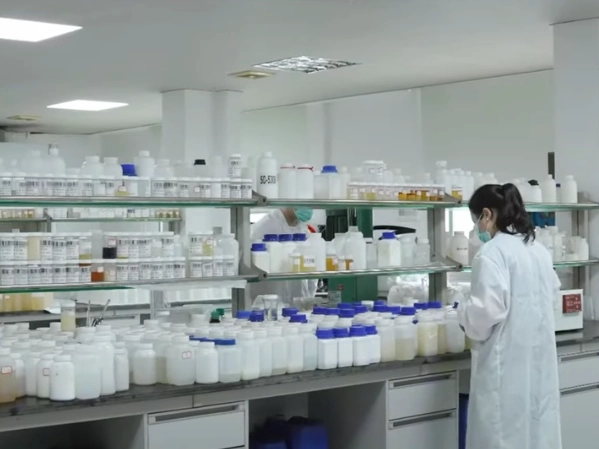
Need an expert solution for your fabrics? Contact BLUELAKECHEM for a free technical consultation!

